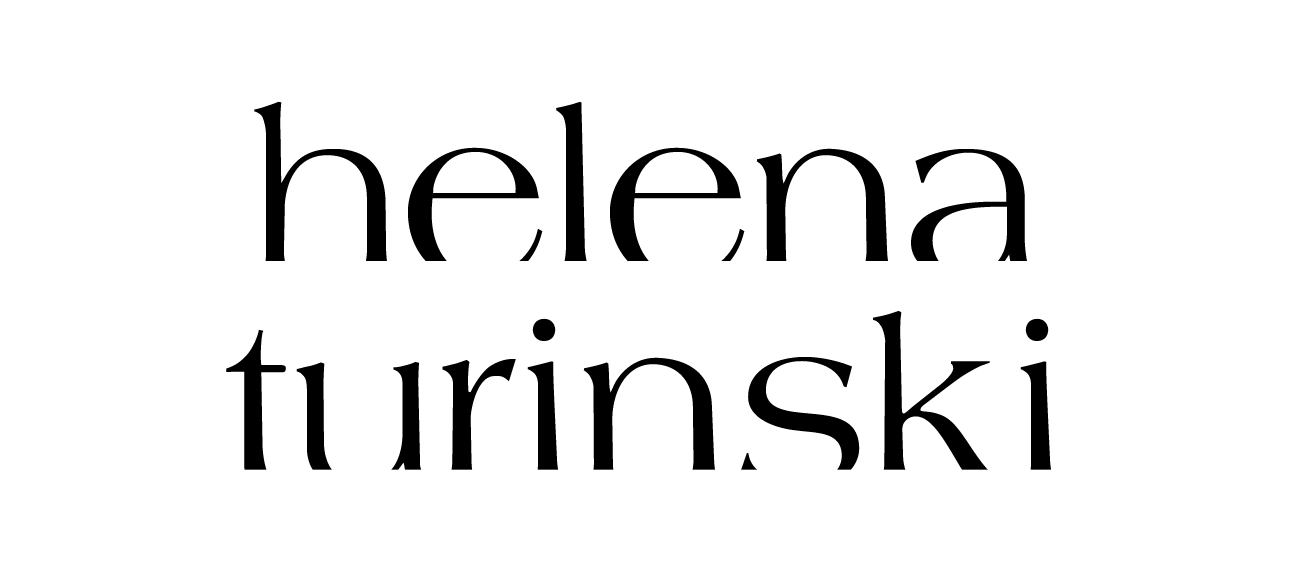International Arrivals

Today is Australia Day. There is a lot of controversy in this country about whether we should celebrate our nationhood on the 26th of January as it is in fact the day Europeans invaded a country that belonged to the indigenous people, decimating and dispossessing the population. Aboriginal people call this ‘Invasion Day’, ‘Day of Mourning’, ‘Survival Day, and in the last few years ‘Aboriginal Sovereignty Day’. It is a commemoration of deep loss.
Aboriginal woman Professor Jakelin Troy is the Director of Aboriginal and Torres Strait Islander Research at the University of Sydney. “We shouldn’t have to be marching and protesting and making big political commentaries in order to get recognition – that should be built into this day,” she says. “There should be, in all the advertising that goes out about Australia Day… it shouldn’t be this frivolous, frothy sort of stuff about barbeques and coloured towels and spending the day at the beach. It should be, you know what does Australia Day mean for all Australians?” [From Creative Spirits]
In that spirit, I’m sharing what Australia means to my family. Everyone who has emigrated here has a personal story. My parents and three older sisters escaped from Communist Yugoslavia, and, via the Catholic Church in Austria, were accepted as refugees into this country. Australia, to them, meant freedom. It also meant that they felt fortunate enough to have one more child. If they had not immigrated here, I may have never been born!
The photo above shows them arriving in Melbourne in 1969 via a domestic airline, most likely from Sydney; probably my uncle who was already living here took the photo.
Yes, there are tragic things that happened in the past, which are difficult if not impossible to atone, but here and now I personally am grateful that I can call Australia home.

